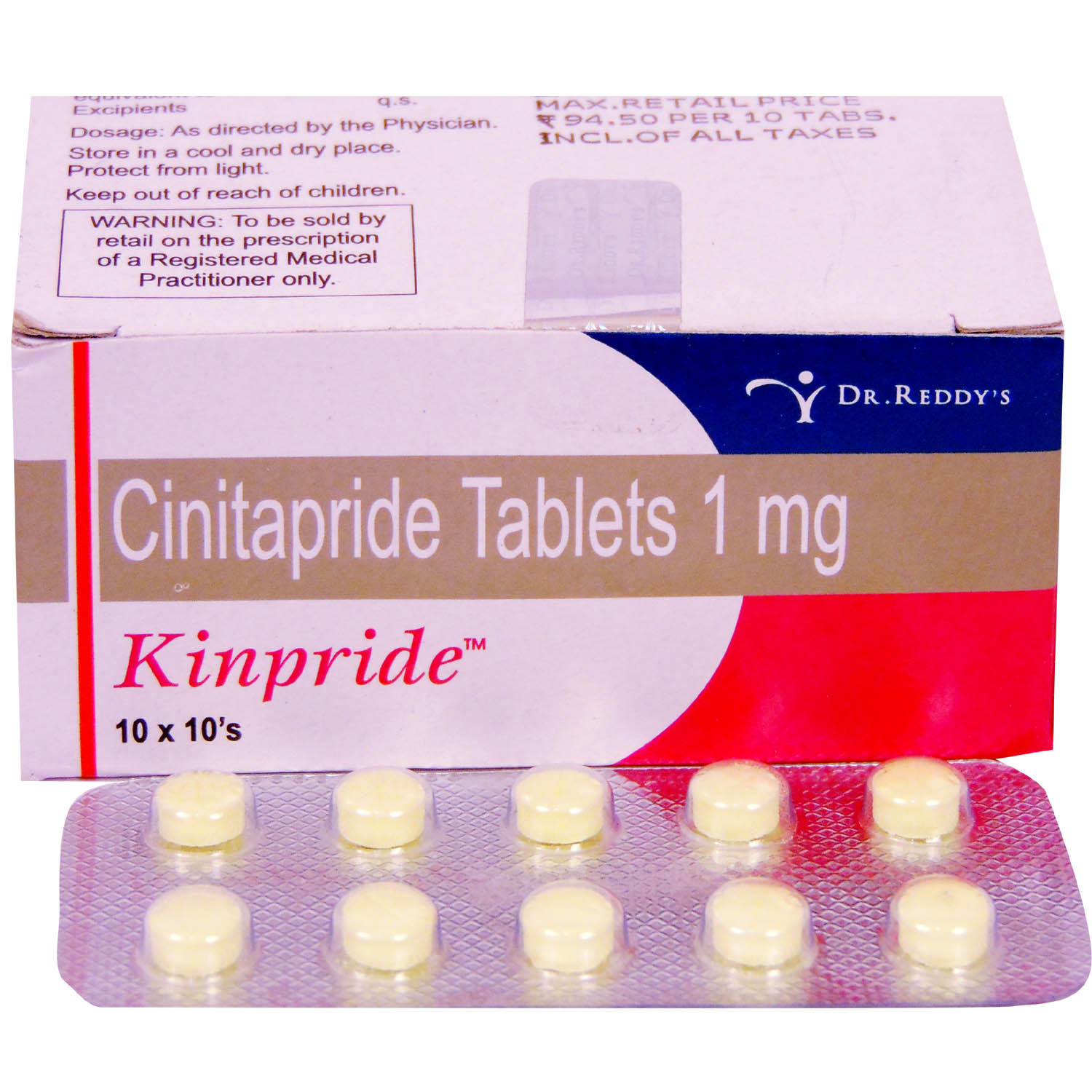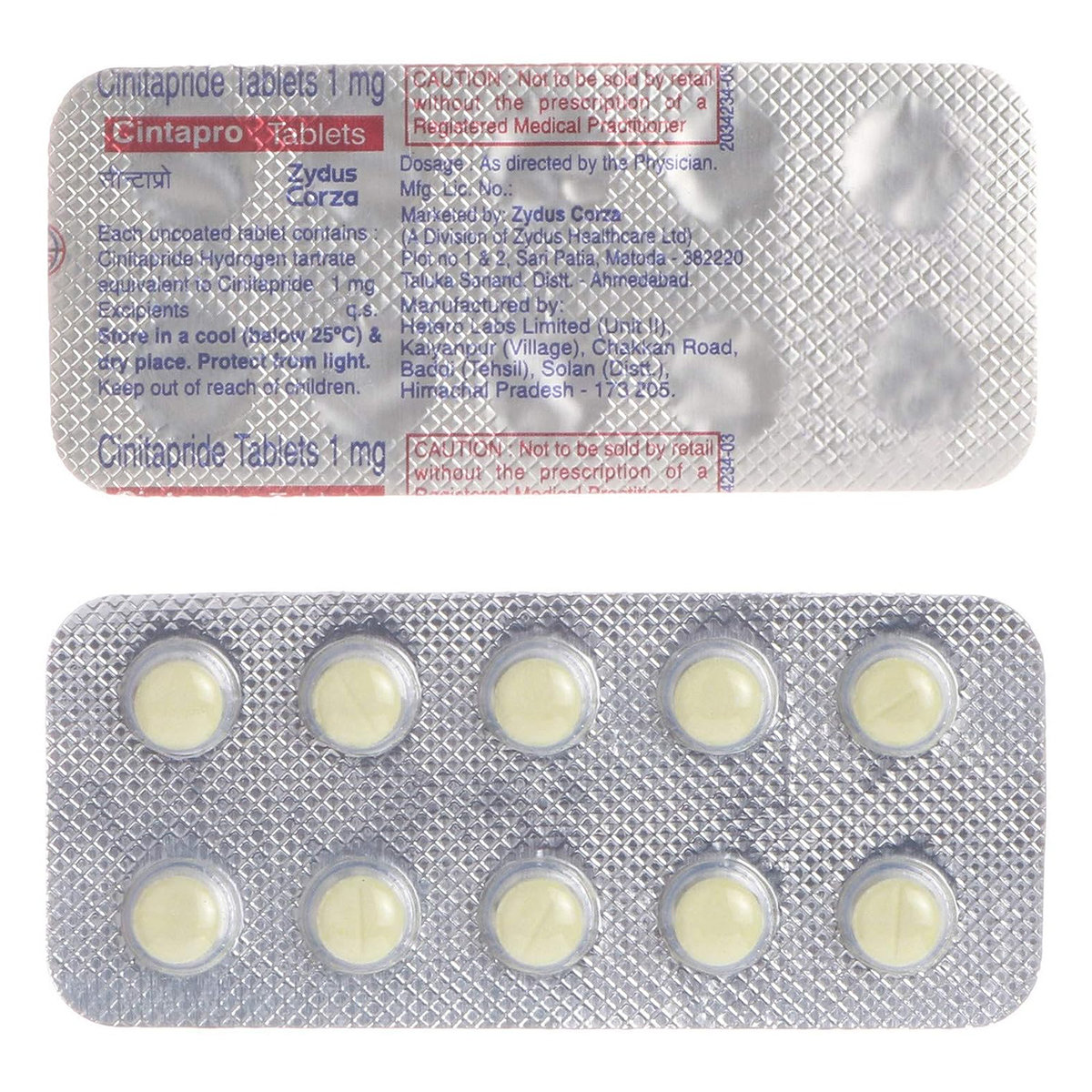Cintoshel Tablet 10's
MRP ₹135.5
(Inclusive of all Taxes)
₹20.3 Cashback (15%)
Provide Delivery Location
Online payment accepted
 Prescription drug
Prescription drugWhats That
Composition :
Manufacturer/Marketer :
Consume Type :
Return Policy :
About Cintoshel Tablet 10's
Cintoshel Tablet 10's belongs to a group of medicines called 'gastrointestinal prokinetic agent' used to treat gastro-oesophageal reflux disease (reflux of gastric contents into the oesophagus), and symptoms of indigestion (slow gastric emptying). Gastroesophageal reflux disease (GERD) occurs when stomach acid frequently flows back into the food pipe (oesophagus). Indigestion is the feeling of stomach fullness (bloating) due to excess acid and gas formation.
Cintoshel Tablet 10's contains 'Cinitapride' that increases the pressure of the inferior oesophageal sphincter, thereby preventing the back-flow of food and acid from the stomach into the mouth. This helps treat gastro-oesophageal acid reflux. Cintoshel Tablet 10's increases gastrointestinal motility by enhancing the strength of contractions without disrupting their rhythm, thereby helps treat indigestion and improves gastrointestinal function.
You are advised to take Cintoshel Tablet 10's for as long as your doctor has prescribed it for you depending on your medical condition. In some cases, you may experience certain common side-effects such as headache, nausea, drowsiness and diarrhoea. Most of these side-effects do not require medical attention and will resolve gradually over time. However, you are advised to talk to your doctor if you experience these side-effects persistently.
Inform your doctor before taking Cintoshel Tablet 10's if you have a history of gastrointestinal bleeding, mechanical perforation/obstruction, or movement disorder. Consult your doctor if you are pregnant or breastfeeding. Cintoshel Tablet 10's may cause drowsiness, so drive only if you are alert. Cintoshel Tablet 10's should not be given to children as safety has not been established. Avoid consuming alcohol along with Cintoshel Tablet 10's as it could lead to increased drowsiness and can elevate the production of stomach acid.
Uses of Cintoshel Tablet 10's
Directions for Use
Key Benefits
Cintoshel Tablet 10's belongs to a group of medicines called gastroprokinetic agents used to treat gastro-oesophageal reflux disease (reflux of gastric contents into the food pipe), and indigestion (slow gastric emptying). Cintoshel Tablet 10's increases the pressure of the inferior oesophageal sphincter, thereby preventing the back-flow of food and acid from the stomach into the mouth. This helps in treating gastro-oesophageal acid reflux. Cintoshel Tablet 10's increases gastrointestinal motility by enhancing the strength of contractions without disrupting their rhythm, thereby helps in treating indigestion.
Storage
- Inform Your Doctor: Notify your doctor immediately about your diarrhoea symptoms. This allows them to adjust your medication or provide guidance on managing side effects.
- Stay Hydrated: Drink plenty of fluids to replace lost water and electrolytes. Choose water, clear broth, and electrolyte-rich drinks. Avoid carbonated or caffeinated beverages to effectively rehydrate your body.
- Follow a Bland Diet: Eat easy-to-digest foods to help firm up your stool and settle your stomach. Try incorporating bananas, rice, applesauce, toast, plain crackers, and boiled vegetables into your diet.
- Avoid Trigger Foods: Steer clear of foods that can worsen diarrhoea, such as spicy, fatty, or greasy foods, high-fibre foods, and dairy products (especially if you're lactose intolerant).
- Practice Good Hygiene: Maintain good hygiene to prevent the spread of infection. To stay healthy, wash your hands frequently, clean and disinfect surfaces regularly, and avoid exchanging personal belongings with others.
- Take Anti-Diarrheal Medications: If your doctor advises, anti-diarrheal medications such as loperamide might help manage diarrhoea symptoms. Always follow your doctor's directions.
- Keep track of your diarrhoea symptoms. If they don't get better or worse or are accompanied by severe stomach pain, blood, or dehydration signs (like extreme thirst or dark urine), seek medical help.
- Get enough sleep. Maintain a regular sleep cycle.
- Eat a healthy diet and exercise regularly.
- Manage stress with yoga or meditation.
- Limit alcohol and caffeine.
- Avoid driving or operating machinery unless you are alert.
- Hydrate your body: Drink enough water to prevent dehydration and headaches.
- Calm Your Mind: Deep breathing and meditation can help you relax and relieve stress.
- Rest and Recharge: Sleep for 7-8 hours to reduce headache triggers.
- Take rest: lie down in a quiet, dark environment.
- Cold or warm compresses can help reduce tension.
- Stay Upright: Maintain good posture to keep symptoms from getting worse.
- To treat headaches naturally, try acupuncture or massage therapy.
- Over-the-counter pain relievers include acetaminophen and ibuprofen.
- Prescription Assistance: Speak with your doctor about more substantial drug alternatives.
- Severe Headaches: Seek emergency medical assistance for sudden, severe headaches.
- Frequent Headaches: If you get reoccurring headaches, consult your doctor.
- Headaches with Symptoms: Seek medical attention if your headaches include fever, disorientation, or weakness.
- Talk to your doctor about identifying the cause of the discoloration, adjusting your dose, or switching to a different medication.
- Keep an eye on your urine colour and let your doctor know if you notice any unusual changes.
- Increase your intake of water or other liquids to dilute your urine and restore its normal colour.
- Avoid foods that can change your urine colour, such as beets, rhubarb, and berries.
Drug Warnings
Do not take Cintoshel Tablet 10's if you are allergic to any of its contents. Inform your doctor before taking Cintoshel Tablet 10's if you have a history of gastrointestinal bleeding, mechanical perforation/obstruction, or movement disorder. Consult your doctor if you are pregnant or breastfeeding. Cintoshel Tablet 10's may cause drowsiness, so drive only if you are alert. Cintoshel Tablet 10's should not be given to children as safety has not been established. Avoid consuming alcohol along with Cintoshel Tablet 10's as it could lead to increased drowsiness and can elevate the production of stomach acid. Keep your doctor informed about your health condition and medicines to rule out any side-effects.
Drug-Drug Interactions
Drug-Drug Interactions
Login/Sign Up
Drug-Food Interactions
Drug-Food Interactions
Login/Sign Up
Diet & Lifestyle Advise
- Eat smaller meals more often.
- Avoid smoking and alcohol consumption. Alcohol intake leads to increased production of stomach acid, thereby increasing acidity and heartburn.
- Maintain a healthy weight by regular exercising.
- Avoid lying down after eating.
- Avoid tight-fitting clothes.
- Maintain a healthy weight by regular exercising.
- Practise relaxation techniques and avoid stress by doing yoga or meditation.
- Avoid foods such as high-fat food, spicy food, chocolates, citrus fruits, pineapple, tomato, onion, garlic, tea and soda.
- Avoid sitting continuously as it may trigger acidity. Take a break of 5 minutes every hour by doing brisk walking or stretching.
Side Effects of Cintoshel Tablet 10's
- Headache
- Nausea
- Drowsiness
- Diarrhoea
Habit Forming
Therapeutic Class
All Substitutes & Brand Comparisons
RX
Out of StockCintaflux 1 mg Tablet 10's
Mankind Pharma Pvt Ltd
₹40
(₹3.52 per unit)
74% CHEAPERRX
Out of StockCinmove Tablet 10's
Cipla Ltd
₹60
(₹5.28 per unit)
61% CHEAPERRX
Out of StockCintazide 1mg Tablet
Innovative Pharmaceuticals Pvt Ltd
₹60
(₹5.4 per unit)
60% CHEAPER
Author Details
We provide you with authentic, trustworthy and relevant information
Drug-Diseases Interactions
Drug-Diseases Interactions
Login/Sign Up
FAQs
Drug-Drug Interactions Checker List
- PHENOTHIAZINE
- DIGOXIN
Disease/Condition Glossary
GERD (Gastroesophageal reflux disease): Gastroesophageal reflux disease (GERD) occurs when stomach acid frequently flows back into the food pipe (oesophagus). This backflow (acid reflux) irritates the food pipe and causes heartburn. Symptoms include heartburn, sour or bitter taste in the mouth, and difficulty swallowing.
Indigestion: It is the feeling of fullness that occurs due to slow gastric emptying (emptying of food from the stomach into the intestine). Symptoms include stomach pain, bloating, heartburn, nausea and vomiting.

Have a query?
Alcohol
Safe if prescribed
Avoid consumption of alcohol while taking Cintoshel Tablet 10's. Alcohol intake leads to increased production of stomach acid, thereby increasing acidity and heartburn.
Pregnancy
Consult your doctor
Please consult your doctor if you have any concerns regarding this; your doctor will prescribe only if the benefits outweigh the risks.
Breast Feeding
Consult your doctor
Consult your doctor before taking Cintoshel Tablet 10's; your doctor will decide whether Cintoshel Tablet 10's can be taken by breastfeeding mothers or not.
Driving
Safe if prescribed
Cintoshel Tablet 10's may cause drowsiness. Do not drive or operate machinery unless you are alert.
Liver
Consult your doctor
Consult your doctor before taking Cintoshel Tablet 10's if you have a liver impairment or any concerns regarding this.
Kidney
Consult your doctor
Consult your doctor before taking Cintoshel Tablet 10's if you have kidney impairment or any concerns regarding this.
Children
Safe if prescribed
Cintoshel Tablet 10's should not be given to children as safety and effectiveness were not established.









_0.jpg?tr=q-85)

